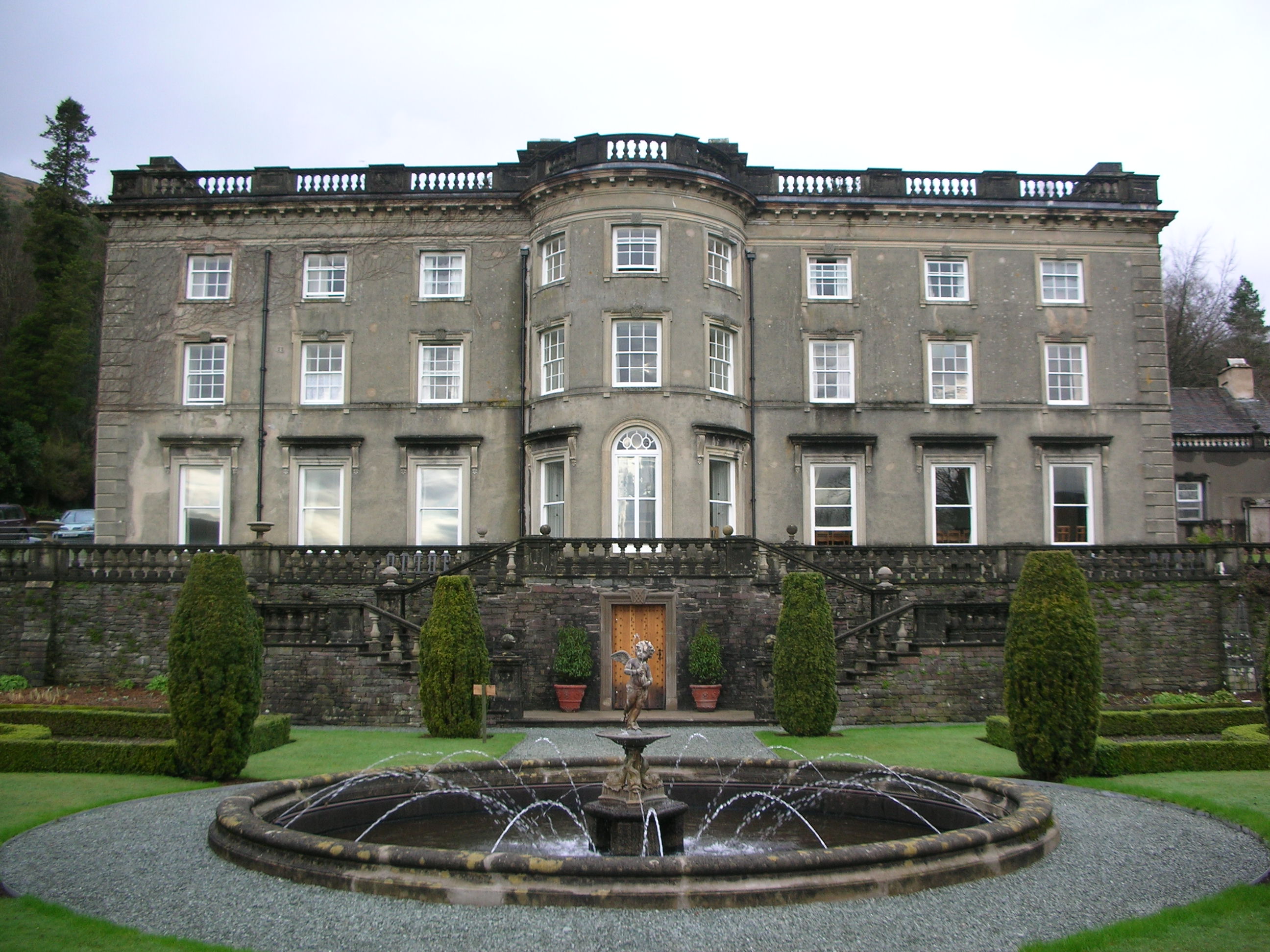Le Fleming baronets on:
[Wikipedia]
[Google]
[Amazon]
 The Fleming, later le Fleming Baronetcy, of Rydal in the County of Westmorland, is a title in the Baronetage of England. It was created on 4 October 1705 for William Fleming,
The Fleming, later le Fleming Baronetcy, of Rydal in the County of Westmorland, is a title in the Baronetage of England. It was created on 4 October 1705 for William Fleming,
Le Fleming family of Rydal Hall archive containing personal papers, estate records and mining records from 12th century to 1960s at Cumbria Archive Centre, Kendal
Member of Parliament
A member of parliament (MP) is the representative in parliament of the people who live in their electoral district. In many countries with bicameral parliaments, this term refers only to members of the lower house since upper house members o ...
for Westmorland
Westmorland (, formerly also spelt ''Westmoreland'';R. Wilkinson The British Isles, Sheet The British IslesVision of Britain/ref> is a historic county in North West England spanning the southern Lake District and the northern Dales. It had an ...
. The second Baronet was Bishop of Carlisle. The third Baronet represented Cumberland in the British House of Commons. The fourth Baronet was Member of Parliament for Westmorland. He assumed the surname of le Fleming, an ancient version of the family surname. This version of the surname has also been borne by the Baronets from the seventh Baronet onwards. The sixth Baronet, an ordained priest, served as Rector of Windermere.
The family seat was Rydal Hall, near Rydal, Cumbria
Cumbria ( ) is a ceremonial and non-metropolitan county in North West England, bordering Scotland. The county and Cumbria County Council, its local government, came into existence in 1974 after the passage of the Local Government Act 1972. C ...
.
Fleming, later le Fleming baronets, of Rydal (1705)
* Sir William Fleming, 1st Baronet (1656–1736) *Sir George Fleming, 2nd Baronet
Sir George Fleming, 2nd Baronet (1667 – 2 July 1747) was a British churchman.
A member of the old Westmorland family, Fleming was the fifth son of Sir Daniel Le Fleming of Rydal Hall. Along with his three brothers, he was educated at Sedbergh ...
(–1747)
*Sir William Fleming, 3rd Baronet
''Sir'' is a formal honorific address in English for men, derived from Sire in the High Middle Ages. Both are derived from the old French "Sieur" (Lord), brought to England by the French-speaking Normans, and which now exist in French only as ...
(died 1757)
*Sir Michael le Fleming, 4th Baronet
Sir Michael le Fleming, 4th Baronet (1748–1806) was a British politician who sat in the House of Commons for 32 years from 1774 to 1806.
Fleming was the only son of Sir William Fleming, 3rd Baronet of Rydal, Westmorland, and his wife Elizabe ...
(1748–1806)
* Sir Daniel Fleming, 5th Baronet (c. 1785–1821)
* Rev. Sir Richard Fleming, 6th Baronet (1791–1857)
* Sir Michael le Fleming, 7th Baronet (1828–1883)
*Sir Andrew Fleming Hudleston le Fleming, 8th Baronet (1855–1925)
* Sir William Hudleston le Fleming, 9th Baronet (1861–1945)
* Sir Frank Thomas le Fleming, 10th Baronet (1887–1971)
* Sir William Kelland le Fleming, 11th Baronet (1922–1988)
* Sir Quentin John le Fleming, 12th Baronet (1949–1995)
* Sir David Kelland le Fleming, 13th Baronet (born 1976)
The heir presumptive
An heir presumptive is the person entitled to inherit a throne, peerage, or other hereditary honour, but whose position can be displaced by the birth of an heir apparent or a new heir presumptive with a better claim to the position in question.
...
is the present holder's brother Andrew John le Fleming (born 1979).
See also
*Fleming baronets
There have been three baronetcies created for persons with the surname Fleming, one in the Baronetage of Nova Scotia, one in the Baronetage of England and one in the Baronetage of Great Britain. As of 2008 one creation is extant, one extinct and ...
Notes
External links
Le Fleming family of Rydal Hall archive containing personal papers, estate records and mining records from 12th century to 1960s at Cumbria Archive Centre, Kendal
References
* Kidd, Charles, Williamson, David (editors). ''Debrett's Peerage and Baronetage'' (1990 edition). New York: St Martin's Press, 1990., {{Page needed , date=February 2013 Fleming 1705 establishments in England